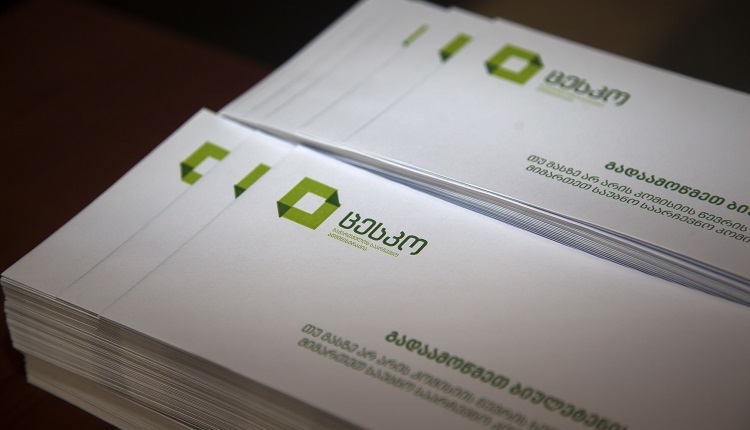Int’l organisations release preliminary evaluations of Georgian presidential elections

International organisations stated that violations observed on election day could not have a significant influence on election results. Photo: N.Alavidze/Agenda.ge.
The Organisation for Security and Co-Operation in Europe (OSCE) and its office for Democratic Institutions and Human Rights (ODIHR), the Parliamentary Assembly of the Council of Europe (PACE) and the National Democratic Institute (NDI) have released their preliminary assessments about the 28 October presidential elections in Georgia.
OSCE/ ODIHR says in its report that the election was competitive and professionally organised.
Candidates were able to campaign freely and voters had genuine choice, although there were instances of misuse of administrative resources, and senior state officials from the ruling party were involved in the campaign.
Substantial imbalance in donations and excessively high spending limits further contributed to an uneven playing field,” OSCE/ODIHR reported.
OSCE/ODIHR states that despite these issues, election day proceeded “in a professional, orderly and transparent manner”.
PACE stated that the election environment in Georgia was free and transparent and that the voting process was well-organised.
However, PACE observers mentioned incidents when opposition candidates abused time allotted them for free election ads.
They also reported that much money was spent on the elections which was surprising given the country’s economic condition.
NDI stated that the pre-election period was marked by both positive and negative features. It stated that the Central Election Commission (CEC) carried out preparations efficiently and met its deadlines, although it was confronted with concerns about the neutrality of its officials.
Voters had electoral choices and the campaign was lively and dynamic, although filled with vitriol and personal attacks. The media environment, although polarised, offered citizens a variety of viewpoints,” the NDI says.
The NDI stated that campaigns and the media should refrain from threatening rhetoric and personal attacks focusing instead on candidates’ platforms and visions for the presidency.
 Tweet
Tweet  Share
Share